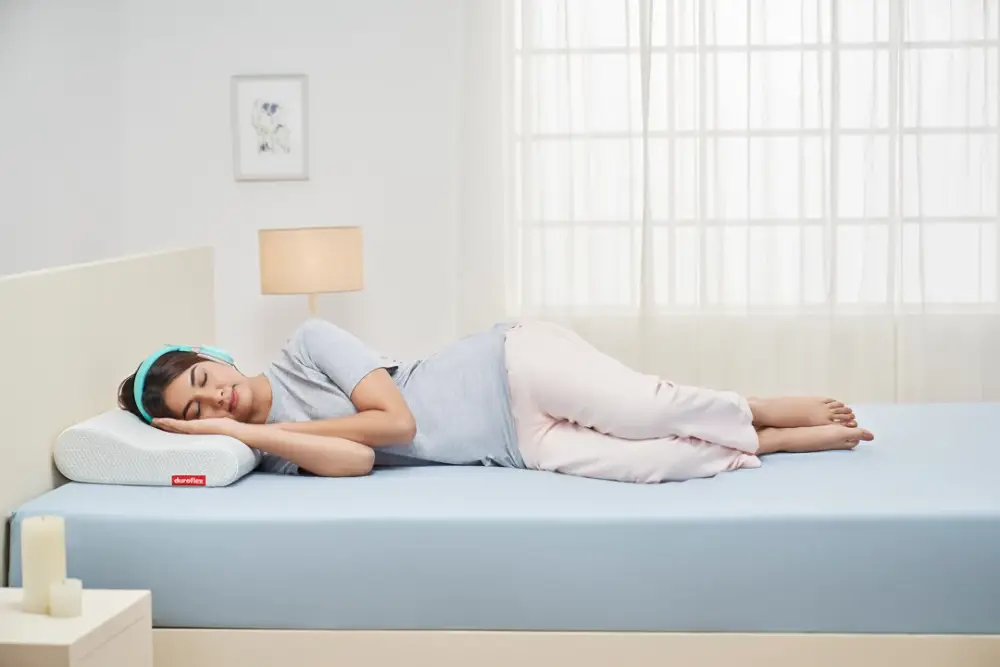Do you wake up with neck stiffness, back pain, or restless sleep? The problem may not just be your routine—it could be your pillow or mattress. Since we spend almost one-third of our lives sleeping, the surface we sleep on has a big impact on our spine health, posture, and overall well-being.
Why Spine-Friendly Sleep Matters
Your spine has natural curves that need support even while you rest. A poor pillow or mattress can disturb spinal alignment, leading to:
Morning stiffness
Back and neck pain
Poor sleep quality
Headaches and fatigue
That’s why choosing the right bedding is not a luxury—it’s a health investment.
Choosing the Right Pillow
The pillow’s job is to support your head and neck so that your spine stays in a neutral position.
For back sleepers: Use a medium-thick pillow that fills the gap between your neck and mattress. Too high or too flat can strain your neck.
For side sleepers: A firm pillow that keeps your head aligned with your shoulder width works best. This prevents your neck from bending sideways.
For stomach sleepers: This position is not ideal for the spine, but if unavoidable, use a very thin pillow—or no pillow at all—to reduce neck strain.
Memory foam and contour pillows are often recommended because they adapt to the natural curve of your neck.
Choosing the Right Mattress
Your mattress should support the natural shape of your spine and keep it aligned.
Medium-firm mattresses are generally best for most people, as they provide both comfort and support.
Too soft mattresses can cause the body to sink, straining the spine.
Too hard mattresses may put pressure on shoulders and hips, disturbing sleep.
For people with back pain, orthopedic or memory foam mattresses are often beneficial.
Tip: If your mattress is older than 7–10 years, it may have lost its support—consider replacing it.
Additional Tips for Healthy Sleep
Use a pillow between your knees if you sleep on your side to reduce lower back stress.
Keep your sleeping posture neutral—avoid twisting your spine.
Maintain a regular sleep routine for muscle recovery.
Conclusion
Your pillow and mattress play a big role in protecting your spine. The right choice can reduce pain, improve posture, and give you restful sleep. If you continue to wake up with pain or discomfort, consult a physiotherapist for a spine assessment and personalized advice.
Good sleep is not just about hours—it’s about quality and support. Choose wisely, because your spine deserves care even while you sleep.




